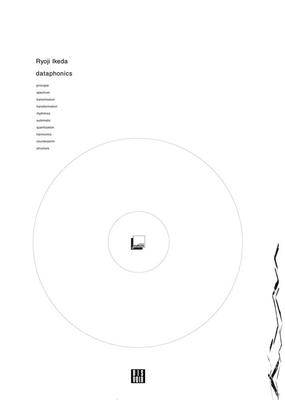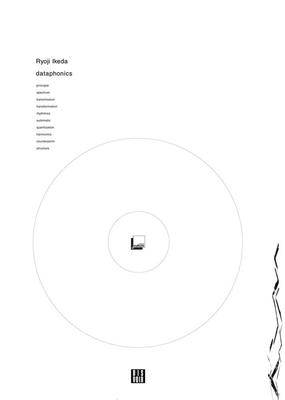
Bedankt voor het vertrouwen het afgelopen jaar! Om jou te bedanken bieden we GRATIS verzending (in België) aan op alles gedurende de hele maand januari.
- Afhalen na 1 uur in een winkel met voorraad
- In januari gratis thuislevering in België
- Ruim aanbod met 7 miljoen producten
Bedankt voor het vertrouwen het afgelopen jaar! Om jou te bedanken bieden we GRATIS verzending (in België) aan op alles gedurende de hele maand januari.
- Afhalen na 1 uur in een winkel met voorraad
- In januari gratis thuislevering in België
- Ruim aanbod met 7 miljoen producten
Zoeken
Omschrijving
A star of minimalist electronica and sound art, Ryoji Ikeda (born 1966) focuses on the building blocks of sound and aural minutiae, often deploying frequencies at the very edges of human hearing--sound that, as he puts it, "the listener becomes aware of only upon its disappearance." His albums +/- (1997) and Matrix (2001) spread this soundworld of sine waves and ambient glitchery to a wider audience; since then, he has exhibited and collaborated (notably with Carsten Nicolai) across the world. A homage to Musique Concrète pioneer Pierre Schaeffer's Solfege de l'objet sonore, Dataphonics began as a monthly broadcast on France culture's Atelier de Création Radiophonique, in which Ikeda created a highly physical auditory experience based on the idea of binary-logic data made audible, "to materialize the invisible domain of 'totally pure digital data.'" This book and CD includes spreads of graphic scores, codes, symbols and the composition itself, recomposed from the ten segments in which it was originally conceived.
Specificaties
Betrokkenen
- Auteur(s):
- Uitgeverij:
Inhoud
- Aantal bladzijden:
- 64
- Taal:
- Engels
- Reeks:
Eigenschappen
- Productcode (EAN):
- 9782914563512
- Verschijningsdatum:
- 31/05/2010
- Uitvoering:
- Boek
- Afmetingen:
- 163 mm x 213 mm
- Gewicht:
- 204 g

Alleen bij Standaard Boekhandel
+ 67 punten op je klantenkaart van Standaard Boekhandel
Beoordelingen
We publiceren alleen reviews die voldoen aan de voorwaarden voor reviews. Bekijk onze voorwaarden voor reviews.









